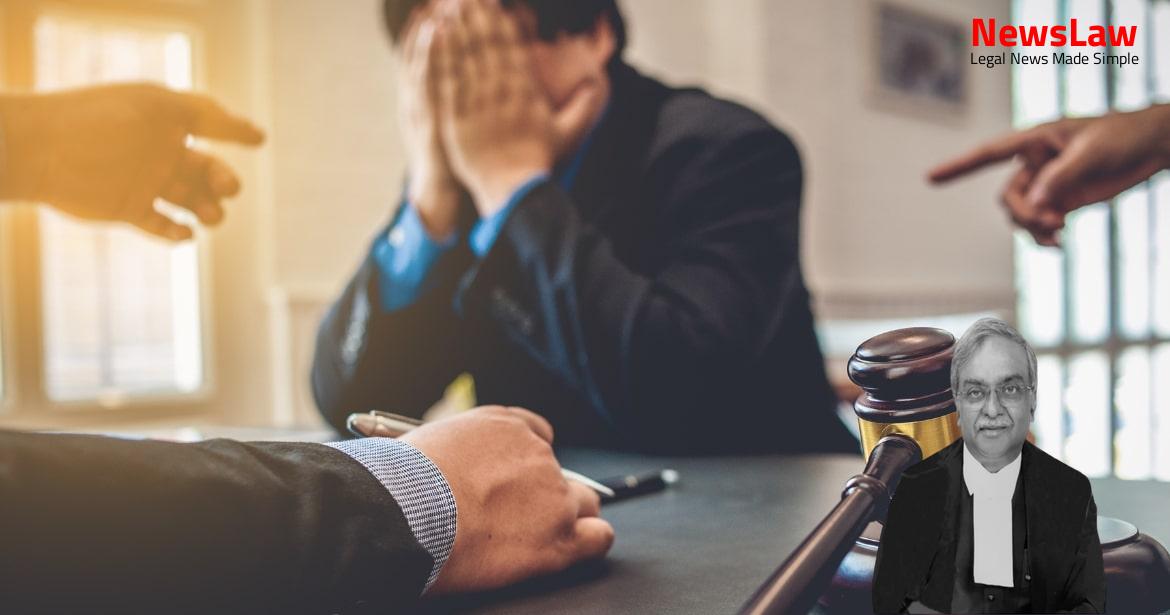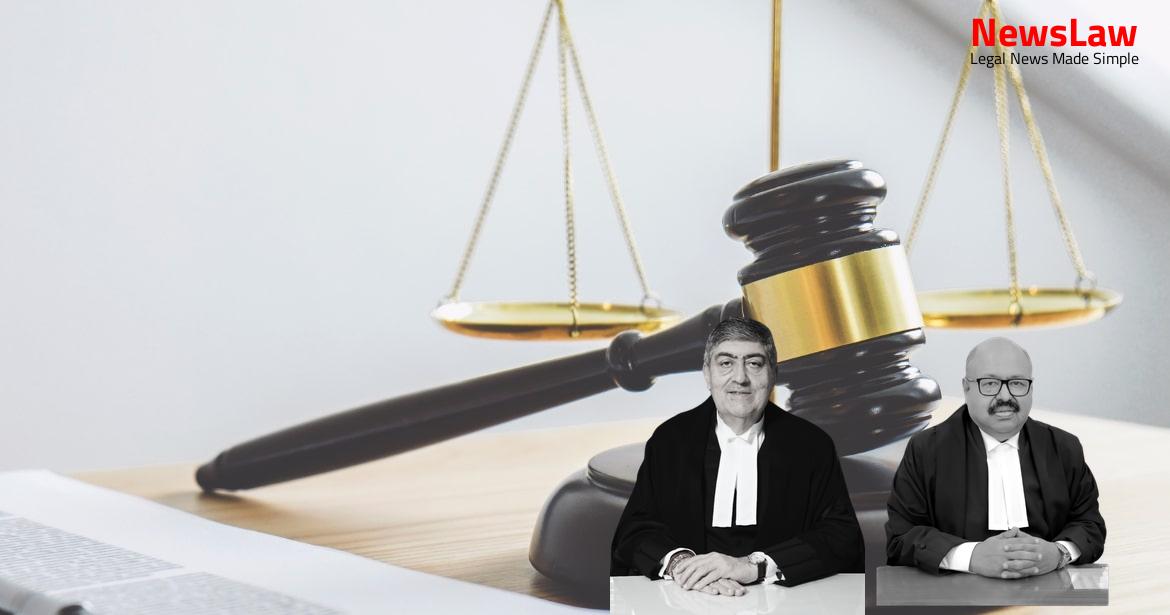The instant appeal arises from a judgment of the High Court of Punjab and Haryana at Chandigarh (hereinafter, ‘High Court’) dated 31.05.2022, whereby the High Court allowed the petition filed under 438 of the Code of Criminal Procedure, 1973 (hereinafter, ‘Cr.P.C’) and granted anticipatory bail to Respondent No 2 in FIR No.
Also Read: https://newslaw.in/supreme-court/compensation-award-modified-in-motor-vehicle-accident-case/
On 28.02.2022, Appellant No 2 went to Patwar Bhawan, Gurugram to obtain revenue papers for the Subject Land.
After looking into the matter further, Appellant No 2 learned that the said sale deed was registered in the office of Sub-Registrar Kadipur, District Gurugram and was executed by Respondent No 2. However, in the 2022 Sale Deed, the sale consideration was shown as an abjectly low and meager amount of Rs.
The Additional Sessions Judge, Gurugram, dismissed Respondent No 2’s application for anticipatory bail in an order dated 23.05.2022, while observing that: i. Aggrieved, Respondent No 2 filed an application for Anticipatory Bail before the High Court. The High Court acknowledged the pendency of ongoing civil suits and suggested that the validity of the 1996 GPA’s execution could be determined by the civil court, and did not need to be a determinative factor in the proceedings for anticpatory bail; iii. The handwriting expert was tasked with comparing the writings and signatures to assess their similarity.” The High Court ordered that no arrest of Respondent No 2 would be carried out as long as he provided personal and surety bonds of Rs. Shri Saket Sikri, learned counsel for the Appellants, vehemently contended that the High Court acted on the erroneous assumption Furthermore, the High Court failed to consider that despite the 1996 GPA being executed in favour of Respondent No 2, he applied for its certified copy only in February 2022, i.e., 26 years later, whereas he should have possessed the original already if his claim is to be bona fide.
Learned Senior Counsel argued that Respondent No.2 had originally purchased the land in question from the Appellants in the year 1996. It was only after this that the Appellants began threatening Respondent
No 2 and the purchasers, and subsequently filed the civil suits contesting the validity of the GPA. The police have also obtained records from the Sub Registrar’s office and Respondent No 2 has complied with all the conditions imposed on him by the High Court. The following factors and parameters can be taken into consideration while dealing with anticipatory bail: (i) The nature and gravity of the accusation and the exact role of the accused must be properly comprehended before arrest is made; (ii) The antecedents of the applicant including the fact as to whether the accused has previously undergone imprisonment on conviction by a court in respect of any cognizable offence; (iii) The possibility of the applicant to flee from justice; (iv)The possibility of the accused’s likelihood to repeat similar or other offences; (v) Where the accusations have been made only with the object of injuring or humiliating the applicant by arresting him or her; (vi)Impact of grant of anticipatory bail, particularly in cases of large magnitude affecting a very large number of people.
The relief of Anticipatory Bail is aimed at safeguarding individual rights.
Upon reviewing a copy of the alleged 1996 GPA presented to the court, the Appellants relinquished all crucial rights pertaining to the Subject Land. However, regardless of obtaining all the rights over the Subject Land, Respondent No 2 does not appear to have ever informed the Revenue/local authorities that he had purportedly ‘purchased’ the Subject Land through a GPA. We fail to understand or comprehend as to how a bona fide purchaser could pay crores of rupees as sale consideration to a person who neither possesses documents showing ownership and title nor has original GPA of the true owner(s) of the property being sold.
As per the Appellants’ claim, the prior original sale deeds of the land are still in their possession. There is, thus, overwhelming and clear cut prima facie evidence to indicate that the version of events provided by Respondent No 2, the buyers of the property, and the Sub Registrar, should be viewed with scepticism. Had there been proper assistance, the High Court also would have given a free hand to the investigating agency to investigate the role of Respondent No 2, the vendees, the Sub Registrar and other officials of the Registering Authority, so as to uncover the collusion, connivance and conspiracy, if any, engineered to commit fraud at the expense of the Appellants.
Case Title: PRATIBHA MANCHANDA Vs. THE STATE OF HARYANA (2023 INSC 612)
Case Number: Crl.A. No.-001793-001793 / 2023



